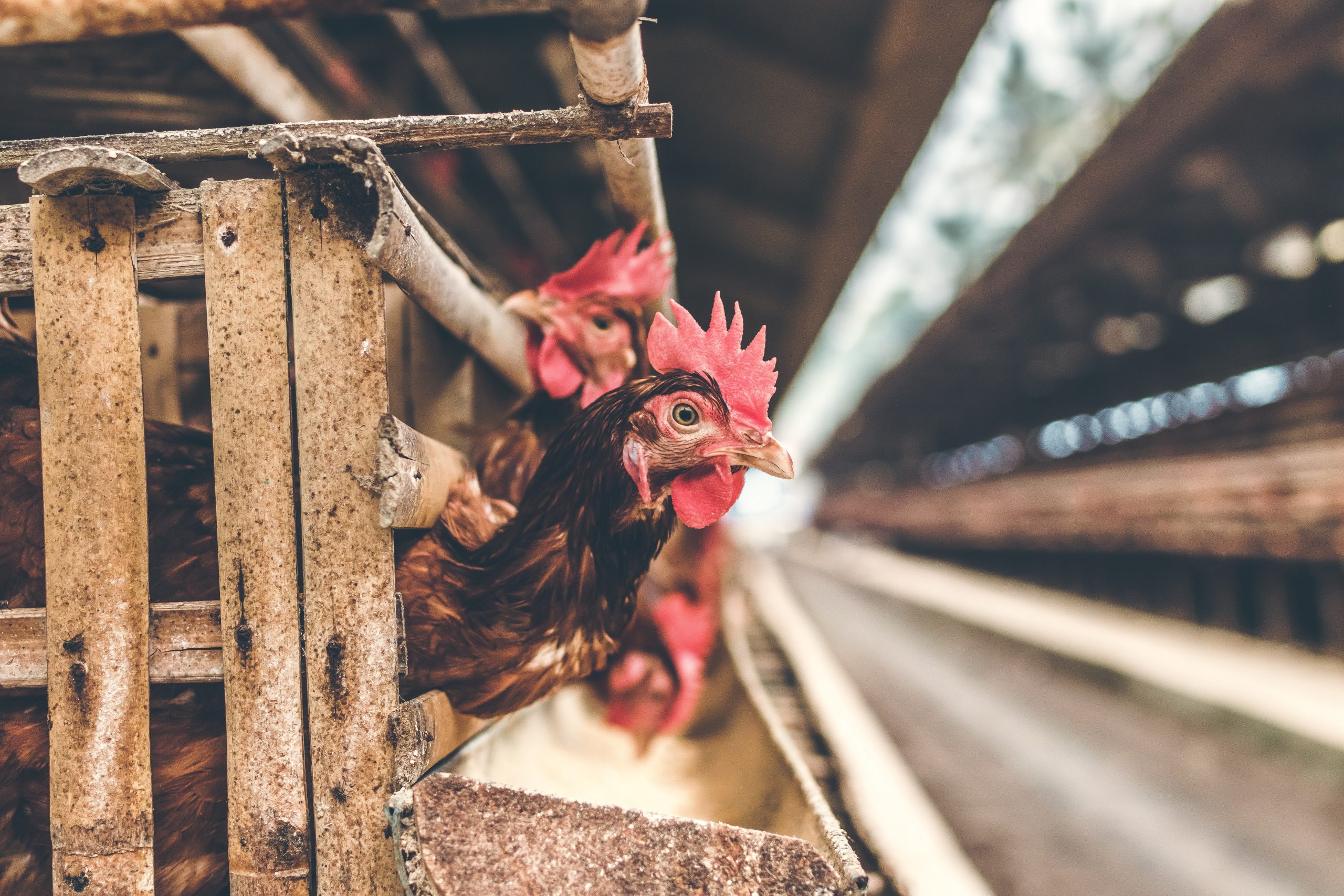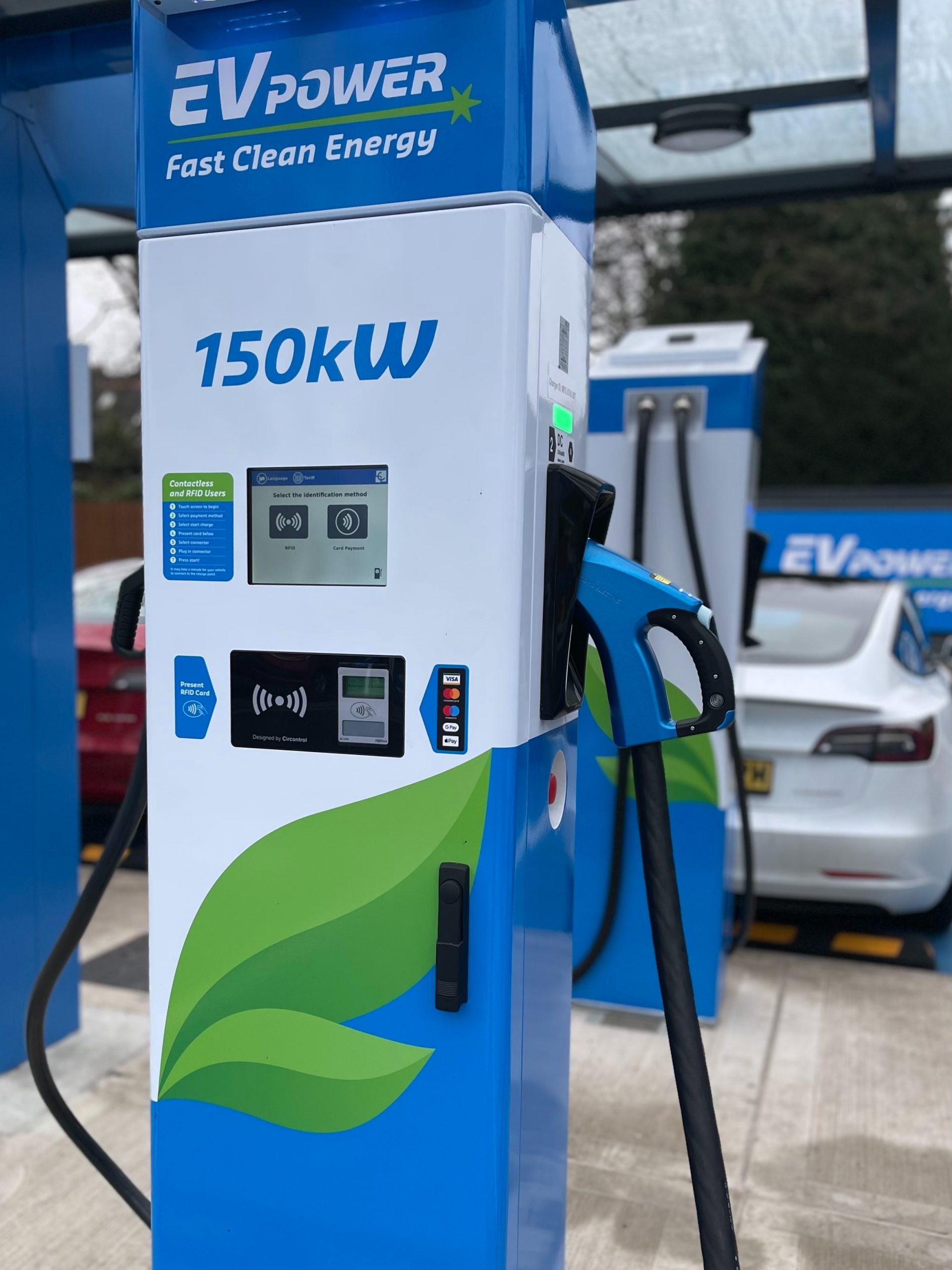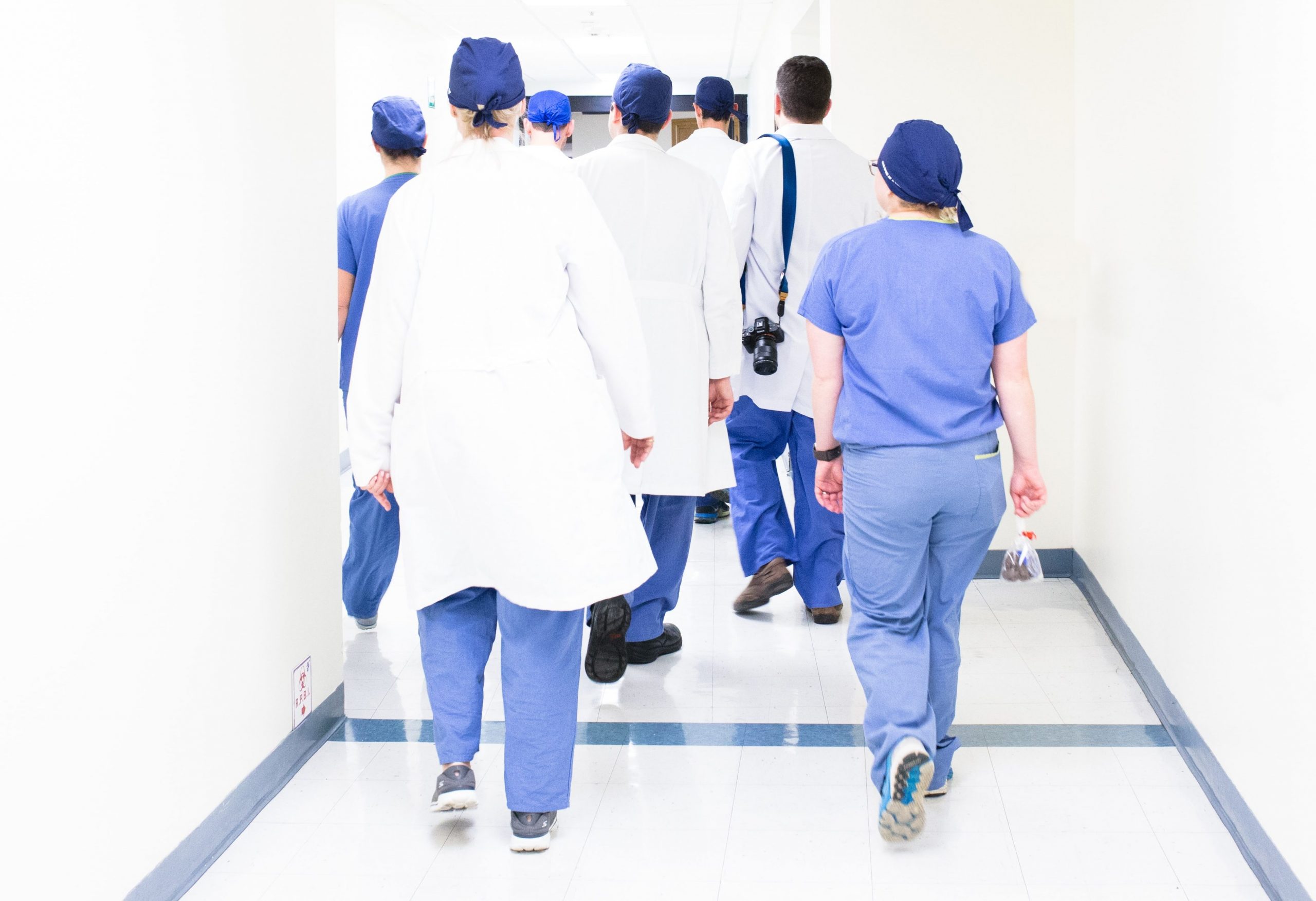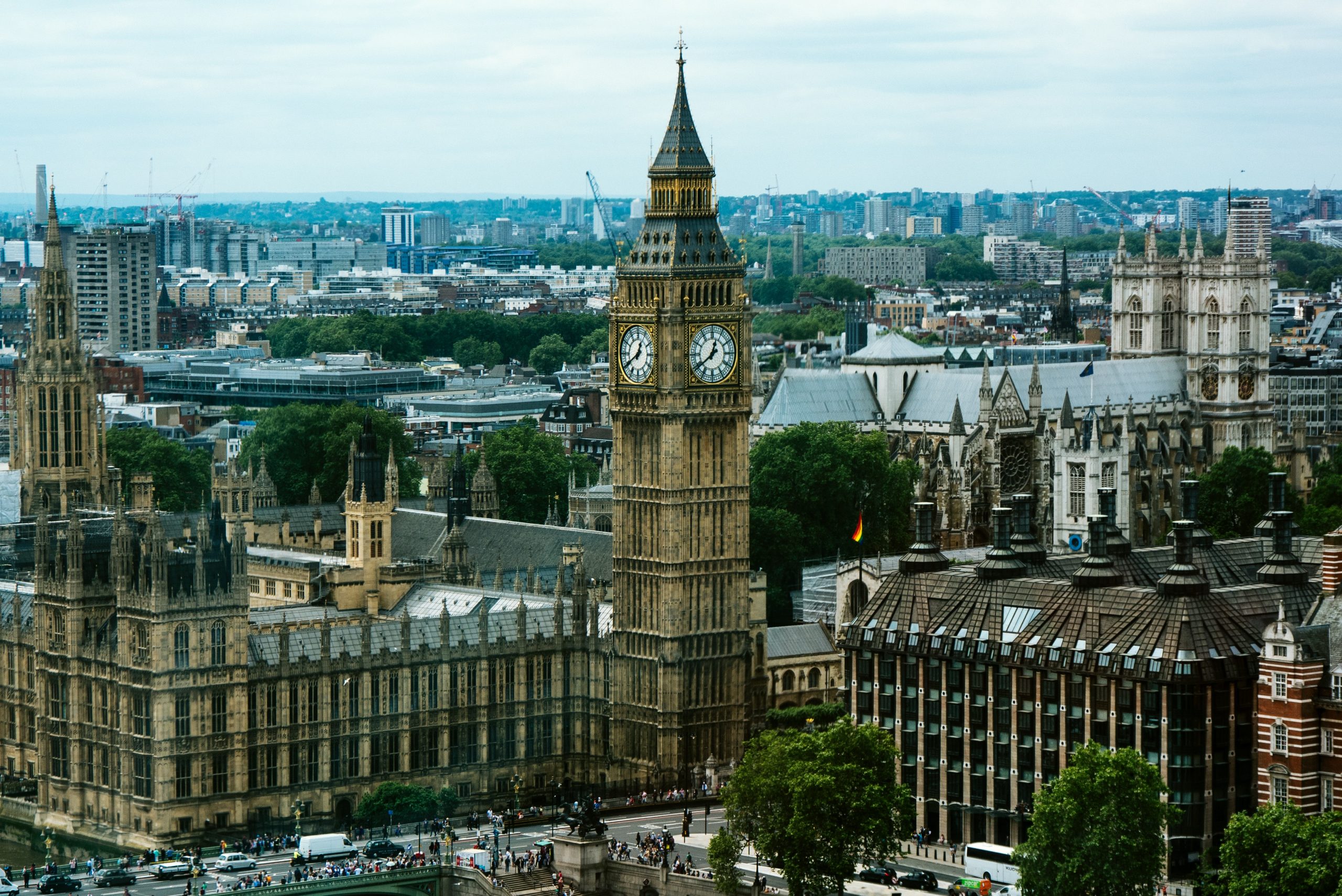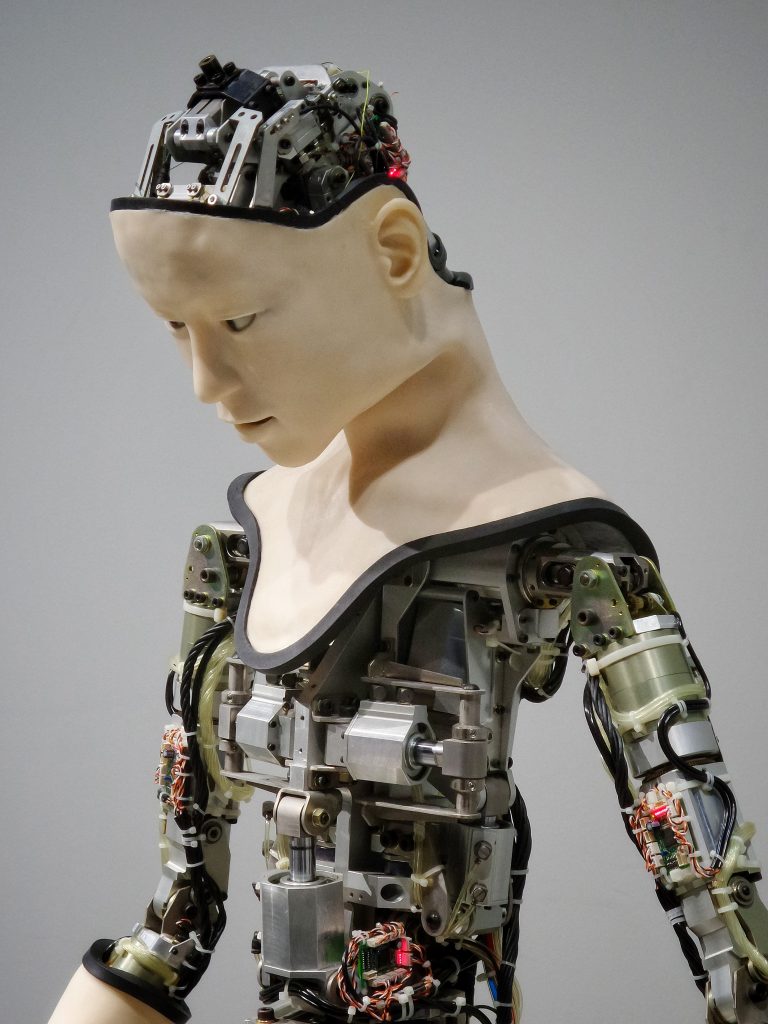Podcast: The Economics of Infrastructure
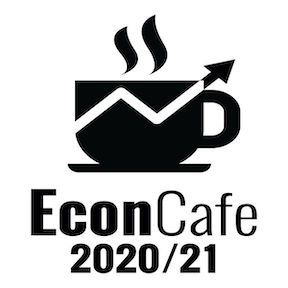
In this podcast we (Michael Mandel and Sean Flynn) talk about the economics of infrastructure. As of early April 2021, President Joe Biden has just put forth his $2.2 trillion infrastructure plan, which covers roads, bridges, dams, electric, water, broadband, housing, education, and manufacturing.
Many of our roads and bridges were built in the 1960s or even earlier. Much of it is getting towards the end of its useful lifetime where it’s breaking down rapidly. For example, out of about 600,000 bridges nationally, about one quarter are either structurally deficient or functionally obsolete. And so repairs are urgent at this point.
The nation’s infrastructure is very important for our productivity and for our jobs. People forget that modern automobiles are designed under the assumption that they’re driving on nice, paved, smooth roads. If you let the roads go to heck, there’s so much extra damage to the vehicles.
Why does the government have a role in financing infrastructure? In theory the private sector could build roads and charge tolls, but then they would focus only on the richest most populated areas. If you’re living in a little farmhouse in the middle of the country, no one’s going to want to build a toll road to you. If you’re living in a poor, urban, neighborhood, no one’s going to want to build a private toll road.
Infrastructure is an example of what economists call a “public good”. That’s a good or a service that many different people can use—what economists call “non-rival.” And it’s difficult to set up a fair and equitable system that forces people to pay the entire cost. So you own your car, but at least up to this point, it hasn’t been possible to charge you for every road or highway you drive on.
Economists also use another term called “quasi-public goods,” which have some characteristics of both public goods and private goods. And then there are some examples of private goods which receive some subsidies. For example, broadband networks are mostly financed through private investment in the United States. But the government provides some help for rural broadband, which otherwise would be uneconomic because there are too few homes per line.
This podcast also discusses the short term and long term impacts of infrastructure spending. In the short term, nobody disagrees that infrastructure spending creates construction jobs. There’s much more debate, though, about whether public infrastructure spending has a greater long-term positive impact on productivity compared to private sector spending. But generally speaking, fixing our decaying infrastructure is going to be good for long-term growth.
Finally, our infrastructure, including the electric grid, is too vulnerable to attacks, including cyber-attacks, that could leave us in the dark. So we have to spend money to harden our infrastructure against online attacks.
Discussion/Questions:
- What is infrastructure and why do economists think that the government should be involved in building it rather than just the private sector by itself?
- In the short run, will increased infrastructure spending stimulate employment and economic output? Why?
- What about the long run, after all the new infrastructure is completed? What will the likely long-run effects of improved and expanded infrastructure be on economic growth and living standards?
- In terms of aggregate demand and aggregate supply, which curve will shift in the short run as infrastructure spending ramps up? Which one will shift in the long run, after all the new infrastructure is completed?
- What are public goods and quasi-public goods, and how would you classify the following forms of infrastructure spending: repaving interstate highways, hardening the electrical grid, building rural broadband networks?
Source: Econ Café 2021/21 Podcast: https://www.buzzsprout.com/1292186/8370188-infrastructure-economics by Michael Mandel and Sean Flynn.

